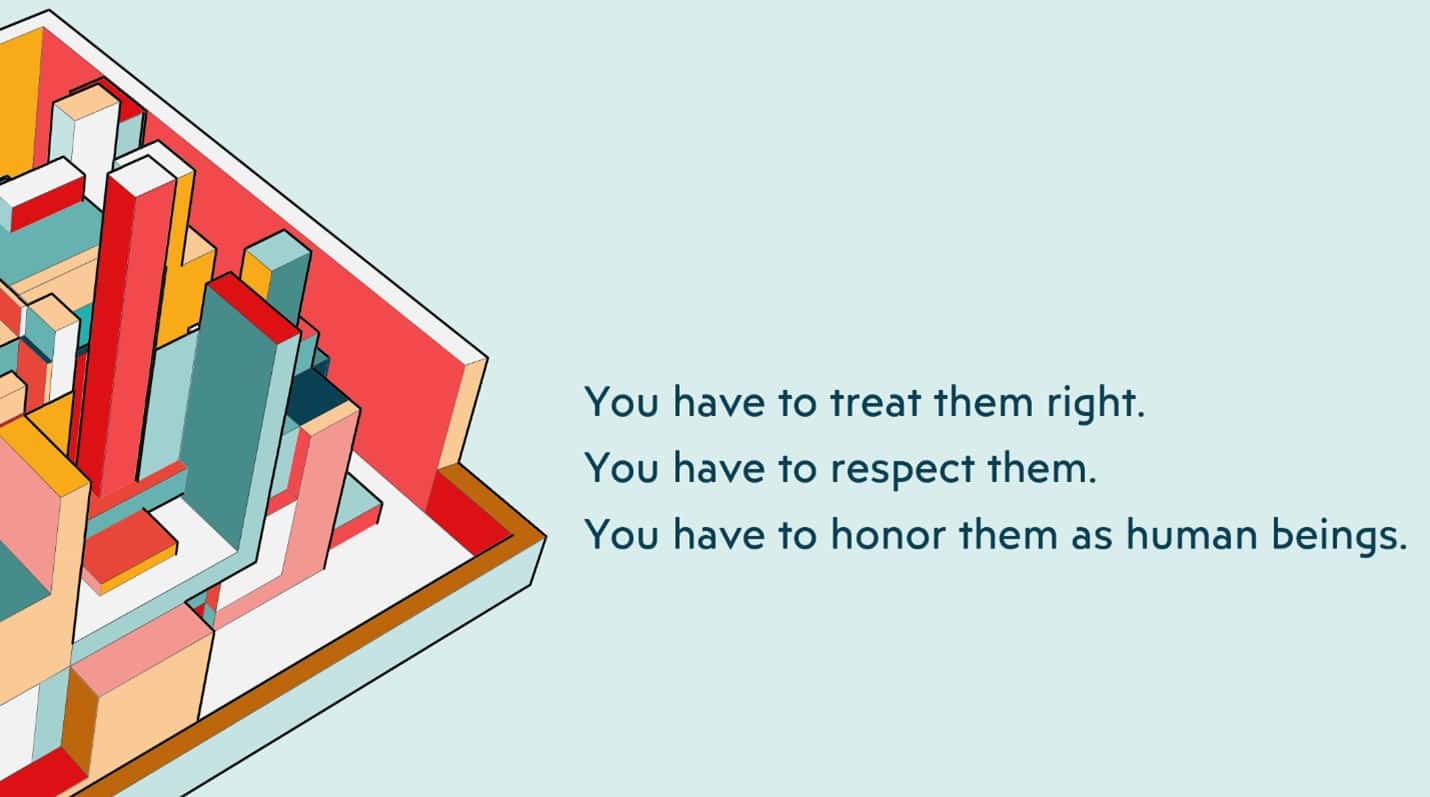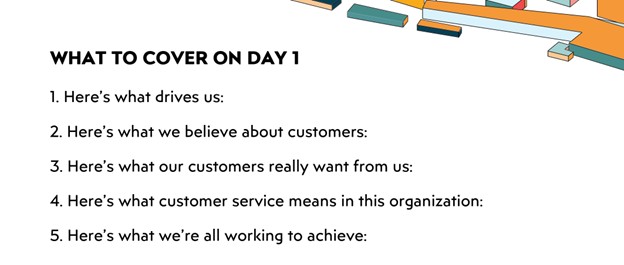This quarter’s Book Corner examines Horst Schulze’s book, Excellence Wins. Schulze has spent his career working in the hospitality industry; he’s best known for being one of the founding members of The Ritz Carlton Hotel Company. There, Mr. Schulze created his operating and service standards that have become world-famous. His teachings and vision have reshaped the concepts of service across industries.
You might be wondering how the hospitality world crosses over with your government work. The answer to that question is straightforward: customer service.
Customer service is Schulze’s specialty. He boils down his basic approach to these three beliefs about customers:

So far, so good, right? I imagine you’re thinking, That’s what I’m already doing! And I’m sure you are. But Schulze pushes us with a little more specificity.
Through his long career working with hotel customers, he has found that the people you serve want three main things:
- They want a product or service or other output with no defects.
- They want timeliness.
- They want the person with whom they’re dealing to be nice to them.
Now that gives us something to think about! Consider the conversations and training you offer your employees, regardless of what position they hold on your team. How often do you talk to them about having no defects in their work, being timely, and being nice?
Maybe these three customer needs seem obvious—but talking with your team about how they could better deliver quality, timeliness, and courtesy are certainly topics we should make time for in our team meetings and our one-on-ones.
Our Internal Customers
Much of the book Excellence Wins discusses our internal customers, i.e., our employees. Schulze writes, Customer service isn’t just for those who face the public. It also extends to people inside the organization who deal with each other. Management must ask, “How can I make things better for you? What can I do that will help you better serve your customer?”
He encourages us to see our employees as more than just a pair of hands, a means to an end. Our employees are also our customers, and we should be concerned about delivering an optimum experience for them, just as much as we do for our external customers.
Schulze believes, Very few people come to work to be negative or to do a lousy job. People come to contribute to a purpose. When we invite them to join us, to take on positions that befit them, their talents can blossom. He has observed that employees respond enthusiastically to motives and objectives, yet they simply put up with orders and declarations.
So, the question to reflect on is this: Am I often sharing motives and objectives with my employees—or do I merely give orders and declarations?
Onboarding
Schulze spends quite a bit of time in his book discussing onboarding. He writes, Day One is, in fact, a golden moment not to be squandered. … The first day of a new job is a significant emotional event. … The new employee’s ears will never be quite this open again, even on the second or third day.
Take a moment to consider what you do on the first day to influence new employees. Is there room for improvement in your current approach?
Schulze gives us a list of five things every organization should cover on Day 1 of new employees’ onboarding.

Does your Day 1 experience cover these five topics? A new employee’s first day should never be a day filled only with administrivia. Day 1 is the best time to instill your mission, vision, and values in your new employees—and immediately make them feel like a valued part of your team.
Your Call to Action
Here’s a final quote from Horst Schulze about the first-day experience:
Orientation must never become routine—a chore to be endured, a box to be checked off. It is crucial for establishing the platform on which all future success can be built. Without it or with only a shortchanged version of it, the organization will be forever hobbled.
To up your onboarding approach, join me virtually on the morning of April 7 for my half-day class, “Onboarding for Success“. See you there!

Allison Horak is a speaker, trainer, and attorney. She helps organizations work more effectively through better leadership and communication practices.

